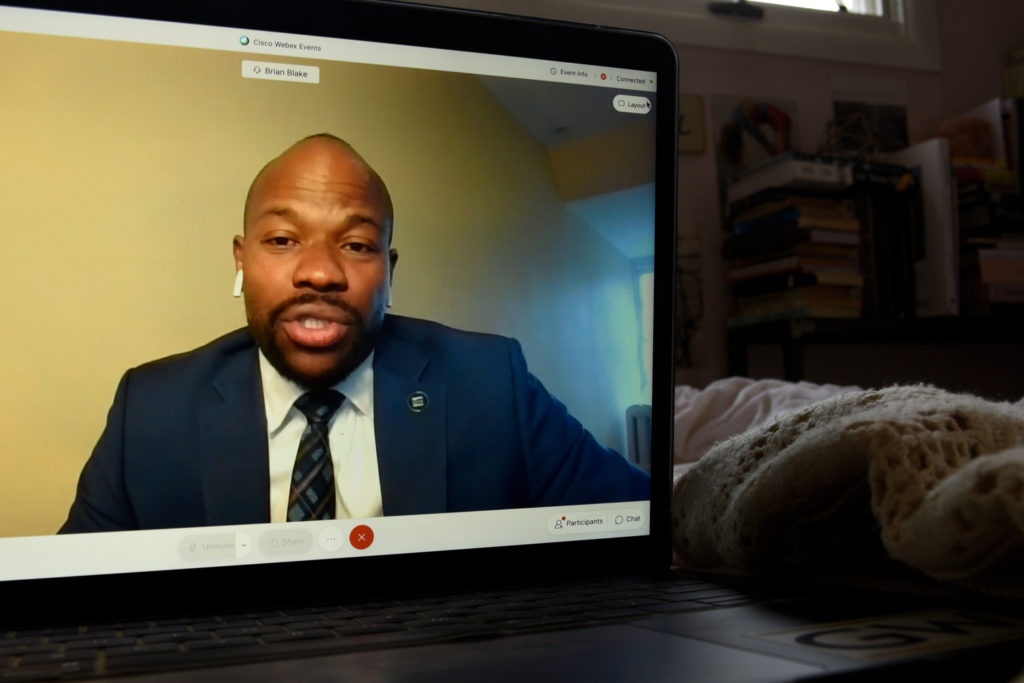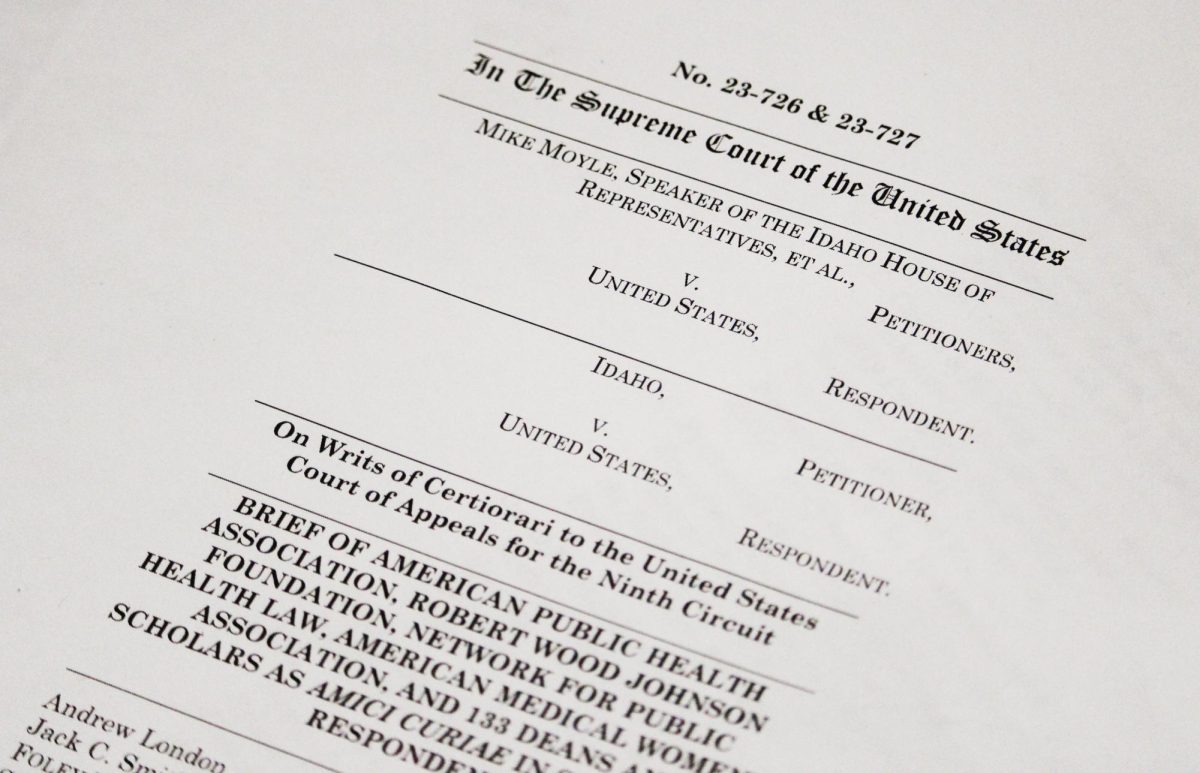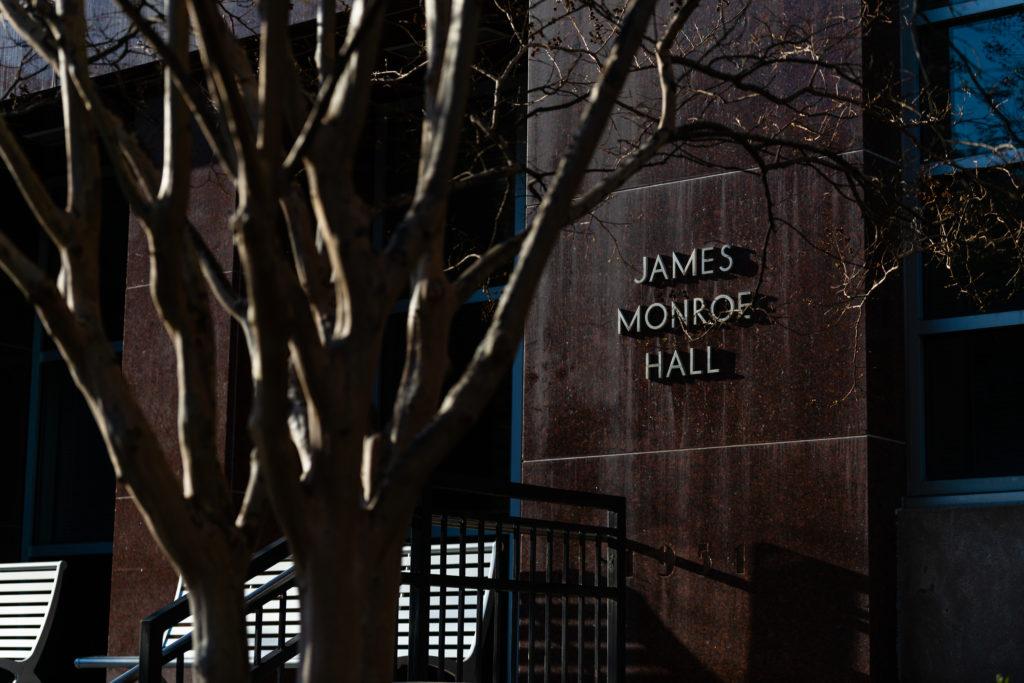Officials doled out more money on research expenditures last calendar year than any other year in University history, Provost Brian Blake said at a Faculty Senate meeting Friday.
Blake said GW’s researchers had a “phenomenal” year despite the pandemic and ended up spending more than $200 million on research projects. He said GW had a “record year” of invention disclosures and patents in 2020, and the number of GW-authored documents and citations of work done by GW researchers reached a 10-year high.
“Our researchers, our faculty remain very ambitious,” Blake said. “I’m using the word very hungry because they’re still going after awards. They’re pushing us, and I absolutely welcome that push to make this infrastructure the best it can be because I think the sky is the limit.”
GW researchers are involved in more than 90 active research projects related to COVID-19, 11 COVID-19 research trials, 64 externally sponsored awards, 111 pending grant proposals and 12 projects supported by GW’s COVID-19 research fund, Blake said. GW has been involved in a clinical trial for the Moderna, Inc. vaccine since last August and was named vaccine distribution site last December.
He said despite the University’s strong research year, officials need to create a “forward-looking” strategy to accelerate research and implement “effective” processes before and after research funding is awarded. He said he wants to find a research strategy that works for all areas of the University’s research profile and wants to avoid framing the process as a competition between “winners and losers.”
“When we talk about who we want to be from a research perspective, that’s not really well crafted right now,” he said.
Blake also provided an update on the University’s ecosystem research review, which officials have been conducting since September 2018. Officials released phase one of the review in April 2019, which included recommendations like improvements in communication among faculty, staff and students and new training sessions on research policies.
Blake said officials have addressed 59 of the 84 recommendations included in phase one of the report. He said officials have addressed nine of the 83 recommendations from phase two of the report, which officials released last May.
Blake also provided an update on the amount of money officials spent on intramural funding programs, like the Cross-Disciplinary Research Fund and the University Facilitating Fund. He said since fiscal year 2017, the UFF has awarded $2.1 million and UFF-funded projects have secured more than $16 million in external funding.
Blake said he is working with faculty members to fill the position of vice provost for research, a role he is currently serving in part time. He said he held off conducting the search last fall due to the budget mitigation steps that officials had taken but is moving forward with it now since the budget is “more defined.”
“I was hesitant to start that search in the fall because I knew we were mitigating – we didn’t have much certainty,” Blake said. “At this point, we’re actually in a position where we actually have a budget more defined now. So it’s a possibility to kind of move forward.”
Kausik Sarkar, a faculty senator and co-chair of the senate’s research committee, said there have been some organizational issues with the University’s pod model for research, which officials instituted at the beginning of the year.
“There are issues about the pod models, which we are still trying to get a sense of how it is working,” he said. “And I think the pod leaders, the three leaders, have really shown extraordinary courage and commitment to make it work.”







